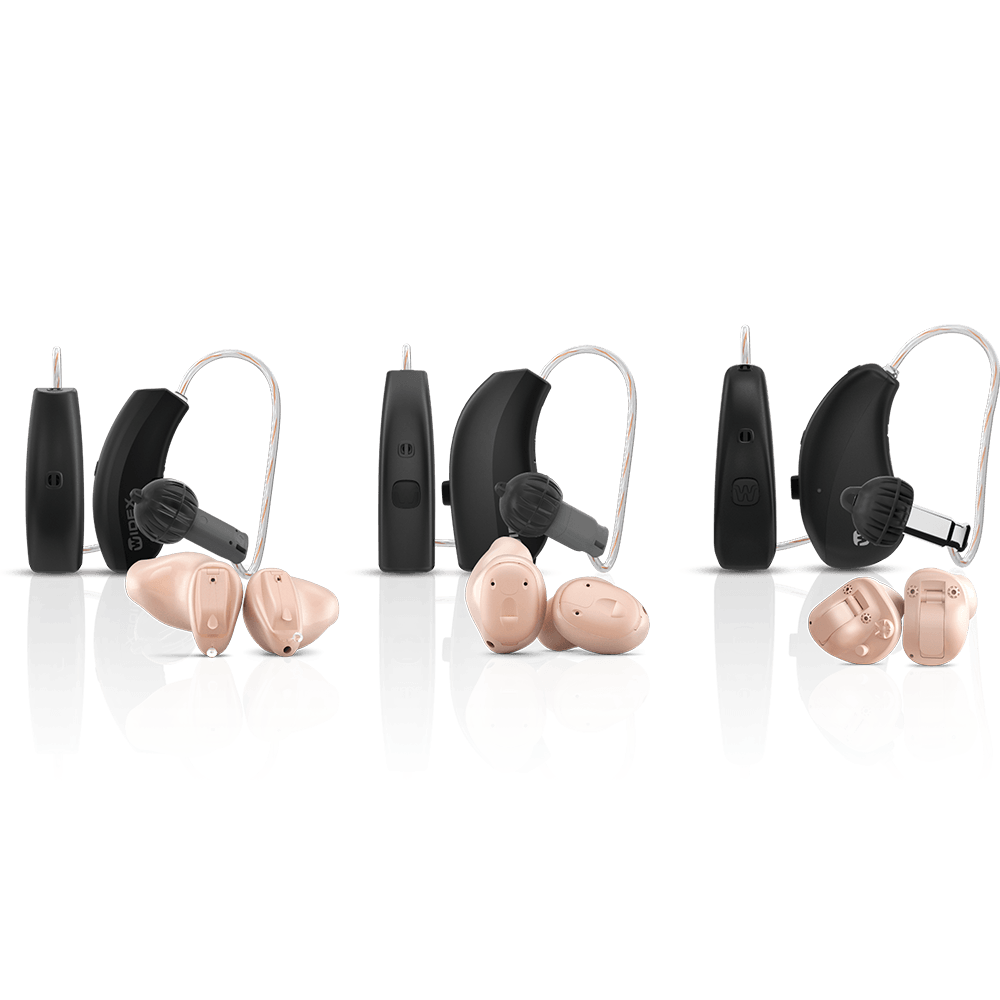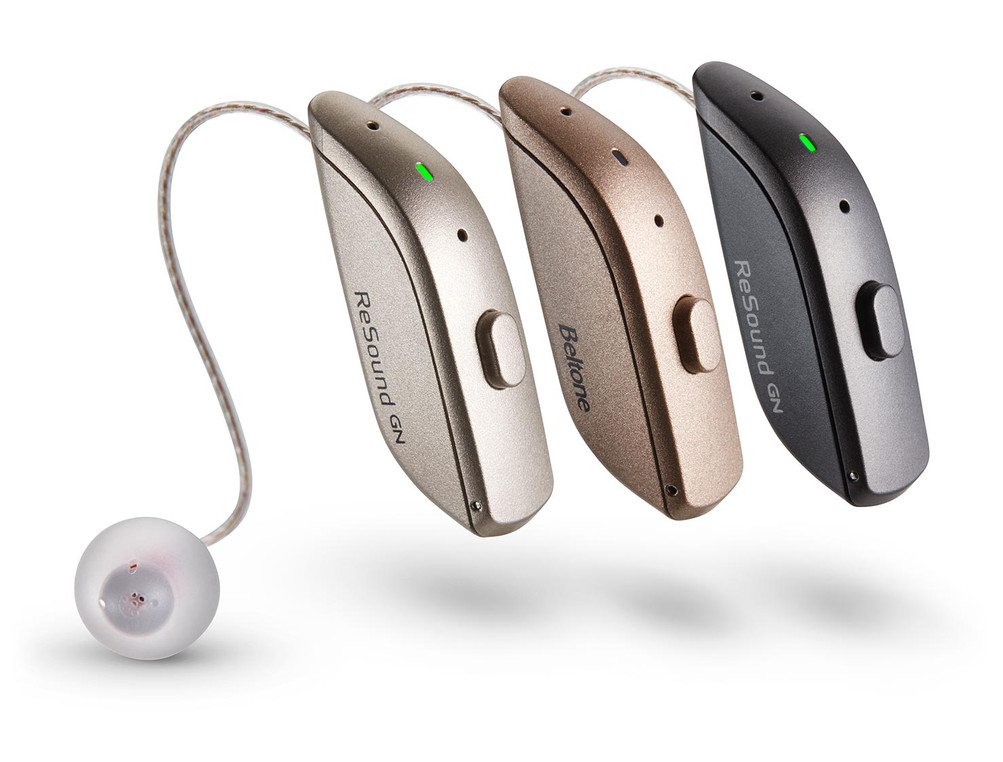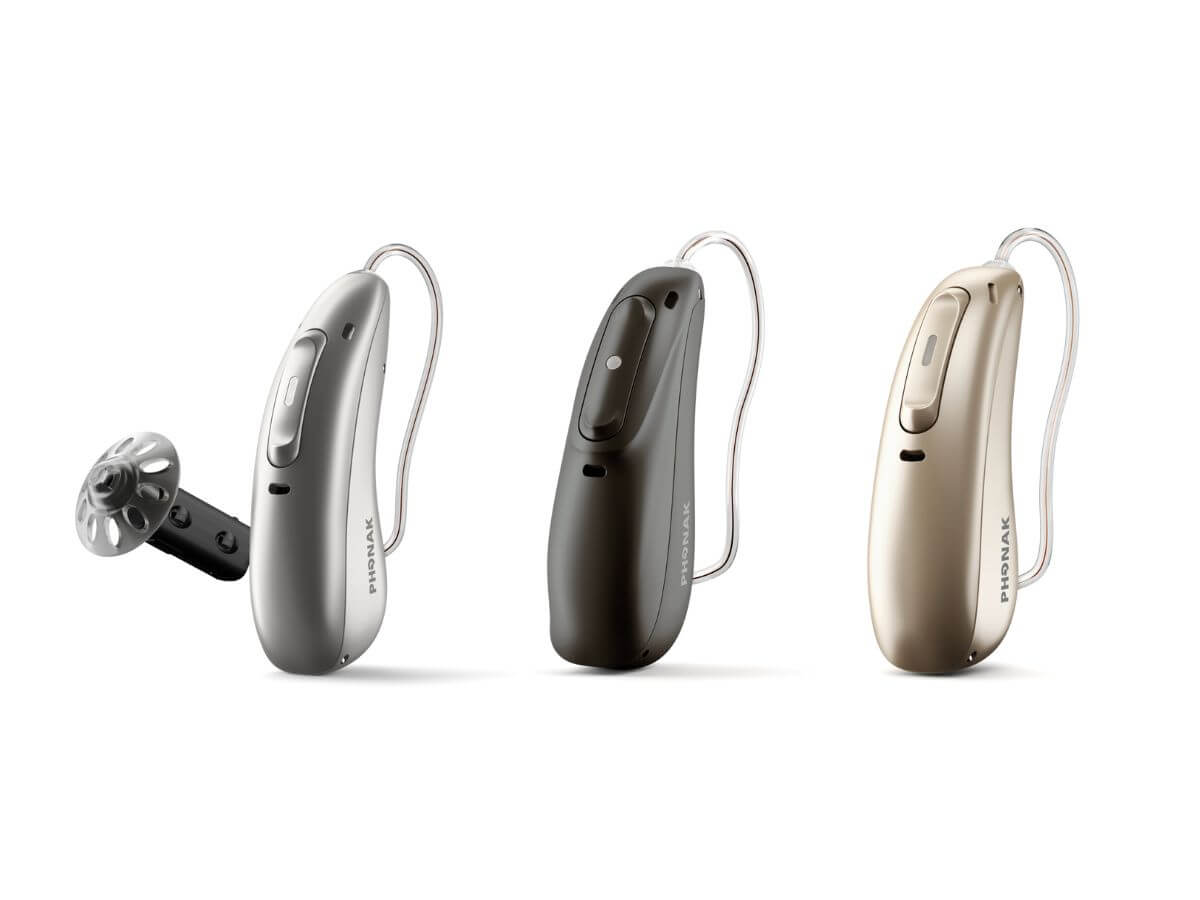2024 Best Hearing Aids for Seniors
Hearing aids are essential devices for seniors experiencing hearing loss, enabling them to maintain a high quality of life by improving communication and reducing the strain of listening. In 2024, the market offers a variety of hearing aids with advanced technology designed to meet the unique needs of seniors.

Understanding Hearing Loss in Seniors
Hearing loss is a common issue among seniors, affecting approximately one-third of people over the age of 65. The condition can be caused by various factors, including age-related changes, exposure to loud noises, genetics, and certain medical conditions. Understanding the types of hearing loss is crucial for selecting the right hearing aid.
- Conductive Hearing Loss: Caused by problems with the ear canal, eardrum, or middle ear.
- Sensorineural Hearing Loss: Results from damage to the inner ear or the auditory nerve.
- Mixed Hearing Loss: A combination of conductive and sensorineural hearing loss.
Key Features to Consider in Hearing Aids
When choosing a hearing aid, seniors should consider several key features to ensure the device meets their needs:
- Comfort and Fit: Customizable earpieces and lightweight designs for extended wear.
- Sound Quality: Clear and natural sound reproduction.
- Battery Life: Long-lasting batteries, including rechargeable options.
- Connectivity: Bluetooth compatibility for streaming audio from smartphones and other devices.
- Noise Reduction: Advanced noise-canceling technology for clearer conversations in noisy environments.
- Ease of Use: Simple controls and user-friendly interfaces.
- Durability: Water and dust resistance for reliable performance.
- Customer Support: Access to professional audiologists and customer service.
Top 10 Hearing Aids for Seniors in 2024
To help you make an informed choice, here is a detailed comparison of the top 10 hearing aids for seniors in 2024. The table here outlines key specifications and features:
| Brand | Model | Type | Battery Life | Bluetooth | Noise Reduction | Price Range | Warranty | Customer Support | Rating |
|---|---|---|---|---|---|---|---|---|---|
| Phonak | Audeo Paradise | Receiver-in-canal | 24 hours | Yes | Advanced | $2,000-$3,000 | 3 years | Excellent | 4.8 |
| ReSound | One | Behind-the-ear | 30 hours | Yes | Advanced | $2,500-$3,500 | 3 years | Excellent | 4.7 |
| Widex | Moment | In-the-ear | 20 hours | Yes | Advanced | $2,200-$3,200 | 3 years | Very Good | 4.6 |
| Oticon | More | Receiver-in-canal | 18 hours | Yes | Advanced | $2,500-$3,500 | 3 years | Excellent | 4.8 |
| Signia | Pure Charge&Go X | Receiver-in-canal | 21 hours | Yes | Advanced | $2,300-$3,300 | 3 years | Very Good | 4.5 |
| Starkey | Livio AI | Behind-the-ear | 25 hours | Yes | Advanced | $2,800-$3,800 | 2 years | Excellent | 4.7 |
| Beltone | Amaze | Receiver-in-canal | 22 hours | Yes | Advanced | $2,100-$3,100 | 3 years | Very Good | 4.5 |
| Eargo | Neo HiFi | Completely-in-canal | 16 hours | Yes | Advanced | $1,500-$2,500 | 2 years | Good | 4.4 |
| Unitron | Discover Next | Behind-the-ear | 24 hours | Yes | Advanced | $2,200-$3,200 | 3 years | Very Good | 4.5 |
| Audicus | Wave | Receiver-in-canal | 20 hours | Yes | Advanced | $1,800-$2,800 | 2 years | Good | 4.4 |
Bullet Points: Benefits of Using Hearing Aids
- Improved Communication: Enhances the ability to hear and understand conversations.
- Better Quality of Life: Reduces feelings of isolation and depression.
- Increased Safety: Alerts users to important sounds and alarms.
- Cognitive Benefits: Helps maintain cognitive function by keeping the brain active.
- Customizable Settings: Allows users to adjust settings based on their environment.
Common Questions and Answers
Q1: How do I know if I need a hearing aid?
A: If you frequently ask people to repeat themselves, struggle to hear conversations, or have trouble hearing in noisy environments, you may benefit from a hearing aid. A hearing test conducted by an audiologist can determine the extent of your hearing loss.
Q2: What is the difference between in-the-ear and behind-the-ear hearing aids?
A: In-the-ear hearing aids fit inside the ear canal and are less visible, while behind-the-ear hearing aids rest behind the ear and are connected to an earpiece inside the ear. The choice depends on personal preference, comfort, and the severity of hearing loss.
Q3: Are hearing aids covered by insurance?
A: Coverage varies by insurance plan. Some plans may cover part or all of the cost of hearing aids, while others may not. It’s essential to check with your insurance provider to understand your coverage options.
Q4: How long do hearing aids last?
A: Hearing aids typically last between three to seven years, depending on the model, usage, and maintenance. Regular cleaning and proper care can extend their lifespan.
Q5: Can hearing aids be adjusted for different environments?
A: Yes, most modern hearing aids come with adjustable settings that can be customized for various listening environments, such as quiet rooms, noisy places, and outdoor areas. Some even have automatic adjustments.
Conclusion
Choosing the right hearing aid for seniors in 2024 involves considering various factors, including comfort, sound quality, battery life, connectivity, and customer support. By understanding the key features and comparing the top models, seniors can find a device that meets their needs and improves their quality of life.
For more detailed information and professional advice, it’s recommended to consult with an audiologist.
References
Choosing the right hearing aid can significantly improve your quality of life, providing clearer sound and better communication. With numerous options available, it’s essential to find a hearing aid that suits your specific needs and preferences. From advanced technology to comfortable designs, the right hearing aid can make a world of difference. Here are four top-rated hearing aids, each offering unique features and benefits to help you decide the best one for you.










Recent Comments